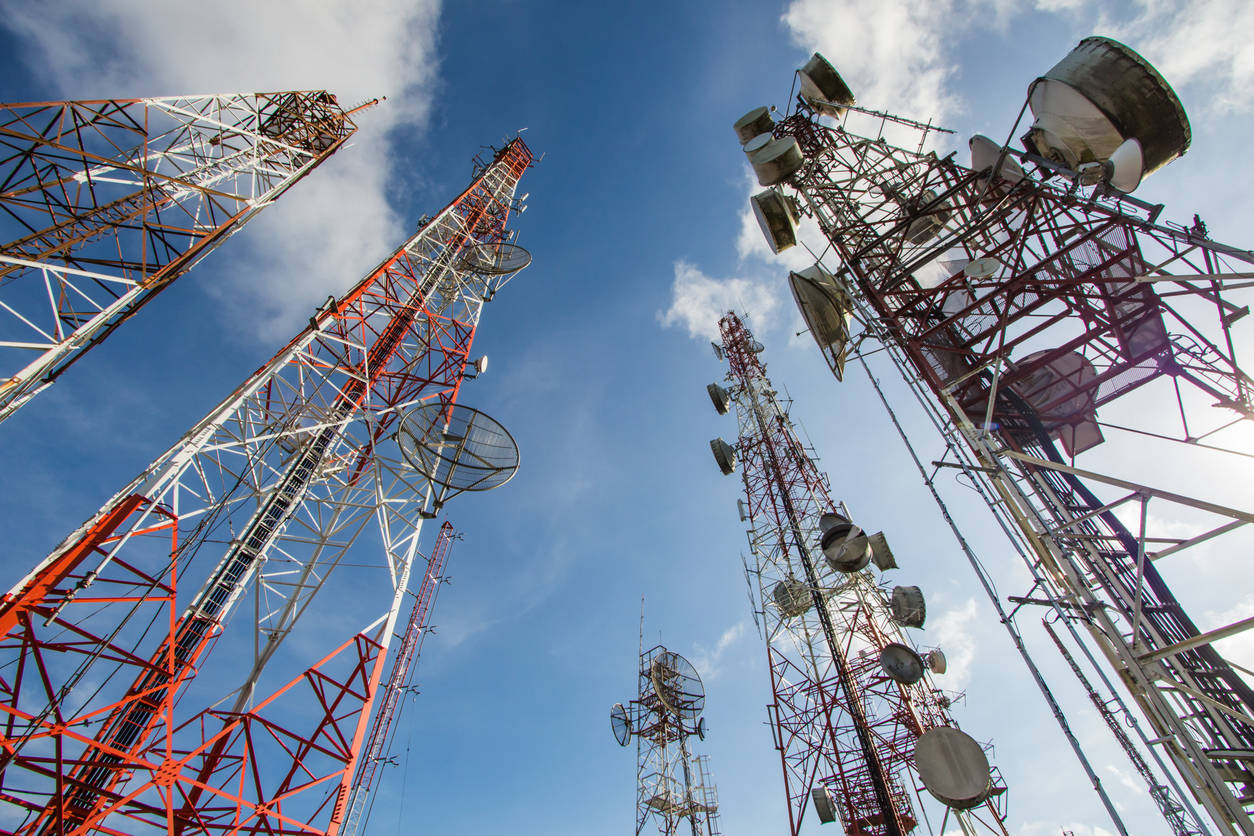Vodafone Idea is believed to have put its fresh 4G expansion and modernisation plans on hold to conserve money to meet a late January deadline to pay up thousands of crores in statutory dues, people familiar with the matter said.
NEW DELHI: Vodafone Idea is believed to have put its fresh 4G expansion and modernisation plans on hold to conserve money to meet a late January deadline to pay up thousands of crores in statutory dues, people familiar with the matter said.
The loss-making mobile phone operator had earlier said it may be forced to shut shop if it doesn’t get any relief from the government or the judiciary on its estimated Rs 53,000-crore dues to the government after the Supreme Court in October upheld the telecom department’s definition adjusted gross revenues (AGR) on the basis of which telcos pay their licence fee and other levies.
All the four telecom equipment vendors in the country — Ericsson, Nokia, Huawei and ZTE — are now concerned over the recovery of their dues from Vodafone Idea, industry insiders said.
“While existing orders are being fulfilled by the vendors, Vodafone Idea has put its new 4G expansion plans for greenfield sites on other major technology-driven investments on hold,” a person familiar with the matter told ET.
Vodafone Idea played down their concerns. “We are engaged with our vendor partners on business as usual basis,” a company spokesperson said in an emailed statement to ET.
Huawei, Nokia, Ericsson and ZTE did not respond to ET queries as of press time Thursday.
Some 15 telcos, including Vodafone Idea, are staring at additional government dues of over Rs 1.47 lakh crore, including penalties. The Supreme Court had in its October 24 order told them to make the payments within three months.
Analysts said it was natural for Vodafone Idea to take steps to conserve cash.
“Given the huge AGR dues of VIL, it is expected that they will put their (4G) expansion and new technology-driven investments on hold in the short-term and focus on non-discretionary investments such as integrating existing networks of Vodafone and Idea,” said Ashwinder Sethi, principal, consulting, at Analysys Mason.
<script async src=”https://pagead2.googlesyndication.com/pagead/js/adsbygoogle.js”></script>
<!– Motivation_728_90 –>
<ins class=”adsbygoogle”
style=”display:block”
data-ad-client=”ca-pub-2157588733990902″
data-ad-slot=”4697565206″
data-ad-format=”auto”
data-full-width-responsive=”true”></ins>
<script>
(adsbygoogle = window.adsbygoogle || []).push({});
</script>
However, the decision may lead to Vodafone Idea ceding more subscriber and revenue market share to its rivals Bharti Airtel and Jio that already have better 4G coverage. As of June end, Vodafone Idea had only 175,881 eNode–B, or 4G base transceiver stations (BTS) in place, while Airtel had 326,744 and Jio had 746,147, according to the regulator’s data.
Airtel, which also faces AGR dues of over Rs 35,500 crore, has also slowed down its 4G expansion, an industry insider said.
But the company denied any such move. “Airtel continues to expand its 4G and pre-5G technology footprint,” a spokesperson said.
The turmoil has left the gear vendors staring at an even bleaker 2020-21 after a bad 2019-20, with telcos curtailing their capex spending.
Vodafone Idea had in late October said it will slash capex spending for FY20 to Rs13,000 crore from Rs 17,000 crore, citing savings from better pricing, disaggregation of components while ordering, and reduction of planned 4G footprint in non-priority areas.
Airtel, too, had said its capex in FY20 will be lesser than FY19. The telco had reported 51% year-on-year fall in consolidated capex in the September quarter, which was also down sequentially.
The AGR woes have worsened the situation of both Airtel and Vodafone Idea, as well as those of gear vendors.
<script async src=”https://pagead2.googlesyndication.com/pagead/js/adsbygoogle.js”></script>
<!– Motivation_728_90 –>
<ins class=”adsbygoogle”
style=”display:block”
data-ad-client=”ca-pub-2157588733990902″
data-ad-slot=”4697565206″
data-ad-format=”auto”
data-full-width-responsive=”true”></ins>
<script>
(adsbygoogle = window.adsbygoogle || []).push({});
</script>
“For the VIL integration, ZTE’s payment terms were the most flexible,” said a person cited earlier. “For three years, they aren’t asking more money upfront. But they will be in extreme pressure now.”
In the case of the other Chinese vendor Huawei, most payments for wireless are made, the person said. “Both ZTE and Huawei’s exposure increased further this year due to the new wireline contract. However, there is no intentional delay yet from VIL,” he said.
Another person said European vendors Ericsson and Nokia were already cautious about payment terms, and they may seek immediate clarity. “Their exposure is higher than the Chinese put together,” the person said. “They will study contracts and payment terms and if there’s no guarantee, then they will decide accordingly about the new shipment.”
Nokia and ZTE are already feeling the heat as state-run Bharat Sanchar Nigam (BSNL) hasn’t cleared their dues worth over Rs 2,500 crore. They have given the state-run telco an ultimatum to clear payments by December 31, else they will stop support.



